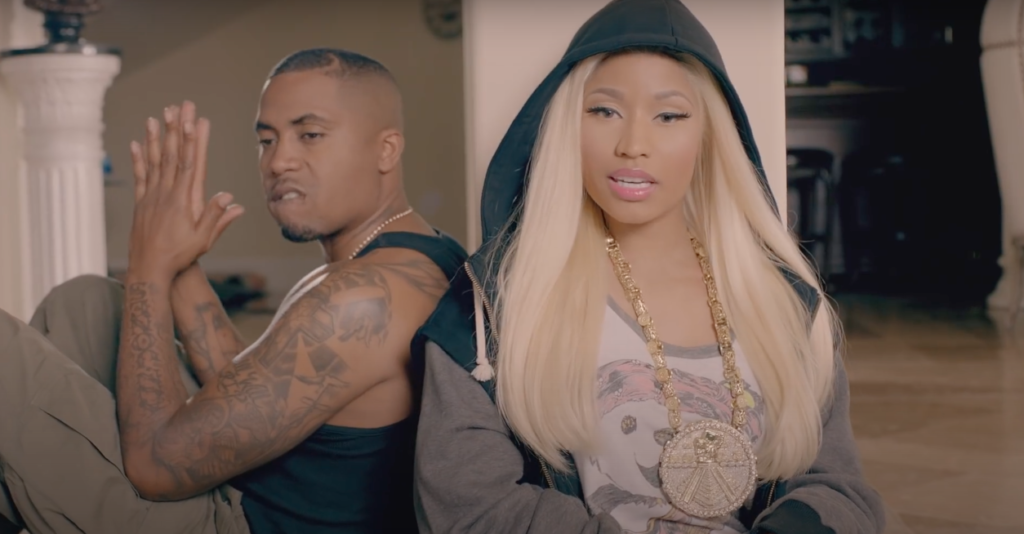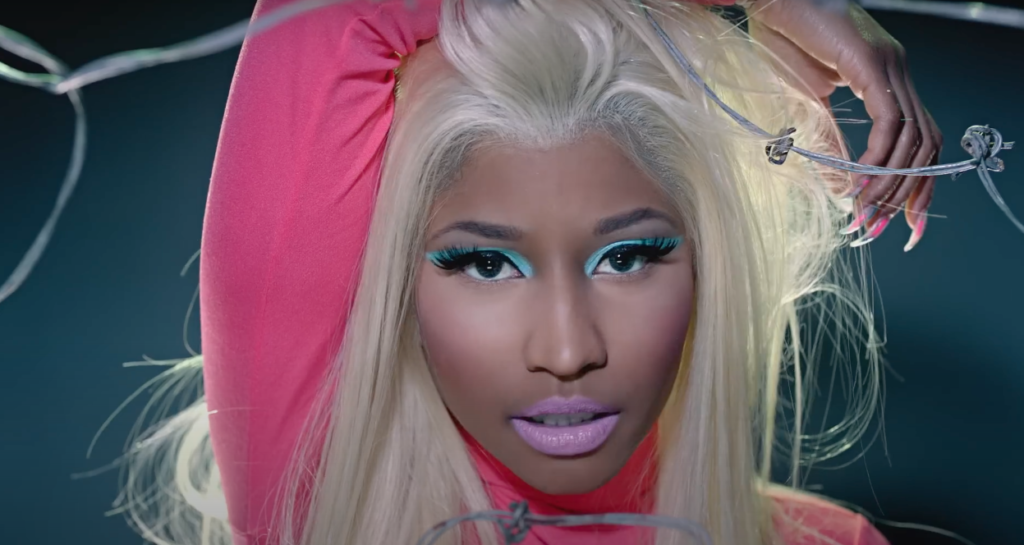MUSIC VIDEOS
Whats is the best music video production ?
Music videos, often dubbed as the visual soul of music, hold a unique and indispensable place in our world. They serve as a bridge between the auditory and visual realms, enriching the artistry and depth of the music itself. These miniature works of art offer a window into the imagination of musicians and filmmakers, creating a captivating synergy that resonates with audiences worldwide.
While the best music video production is undoubtedly one of the most challenging endeavors in the entertainment industry, it is also among the most rewarding. The challenge lies in weaving a compelling narrative or evoking powerful emotions within a brief timeframe, synchronized with the rhythms and lyrics of the music. It demands a fusion of creativity, technical expertise, and a deep understanding of the artist’s vision.
The reward, however, is immeasurable. Music videos have the power to etch memories into our minds, influencing the way we perceive and connect with a song. They breathe life into melodies, offering a visual context that can be just as profound as the lyrics themselves. The marriage of music and imagery in a well-crafted music video has the potential to inspire, provoke thought, and elevate the entire music experience.
In essence, music videos are an essential and captivating medium that enhances our understanding of music and the emotions it conveys. They stand as a testament to the boundless creativity of artists and filmmakers, and their ability to craft immersive experiences that enrich our lives and culture.
below are a few of my videos.
CLASSIC VIDEOS
TO VIEW ALL MY MUSIC VIDEOS
What is a music video producer?
Being a music video producer is both exhilarating and challenging. One of the key challenges in this role is dealing with tight budgets, demanding artists, and strict production schedules. When budgets are limited, it becomes a constant exercise in resourcefulness and creativity, finding innovative ways to achieve the artist’s vision while staying within financial constraints. The pressure is real, but it’s also a testament to our ability to produce high-quality content with limited resources.
Working with artists, especially those known for their eccentricities and unique creative visions, can be an adventure in itself. Their out-of-the-box ideas and need for perfection can be demanding, but it’s also what makes the job so exciting. Navigating the ever-changing moods and whims of artists is a skill in itself, requiring diplomacy and flexibility to ensure a harmonious collaboration.
Moreover, strict schedules can be a double-edged sword. On one hand, they push us to work efficiently and meet deadlines, ensuring the project moves forward. On the other hand, they leave little room for errors or unexpected delays, making time management a constant concern.
But despite the challenges, being a music video producer is incredibly rewarding. The pros of this job are immense. We get to be at the forefront of creating some of the most amazing and visually stunning content in the entertainment industry. We bring artists’ dreams to life, and the end result can be nothing short of spectacular. The ability to craft unique, compelling narratives and translate them into mesmerizing visuals is a privilege that few professions offer. It’s the chance to tell stories through a unique medium, leaving an indelible mark on the world of music and filmmaking.

Pro’s and cons’ of video production.
Pros:
1. Creativity: You have the opportunity to bring artistic visions to life and create visually captivating and innovative content.
2. Collaboration: Working with talented artists, directors, and creative teams can be a highly rewarding and inspiring experience.
3. Variety: Each project is unique, offering the chance to work across different genres, styles, and concepts.
4. Impact: Your work can have a significant impact on an artist’s career, and iconic music videos can become cultural landmarks.
5. Networking: Music video production often involves collaboration with industry professionals, allowing for valuable networking opportunities.
6. Skill Development: The role demands a wide range of skills, from creative storytelling to project management, which can lead to personal and professional growth.
7. Recognition: Successful projects can earn you recognition and acclaim within the music and film industry.
Cons:
1. Budget Constraints: Many music videos operate on limited budgets, which can be challenging when trying to achieve a specific artistic vision.
2. Tight Schedules: Strict timelines and fast turnarounds can be stressful and leave little room for unforeseen issues.
3. Demanding Artists: Some artists can be demanding, with unique and sometimes challenging creative visions, which can lead to conflicts and added stress.
4. Competition: The industry is highly competitive, making it challenging to secure projects and maintain a stable income.
5. Insecurity: Job stability can be uncertain, especially for freelance music video producers, as projects are often short-term.
6. Long Hours: The nature of the work may involve long hours and high levels of stress during production.
7. Evolving Industry: The music industry and video production techniques are continually evolving, requiring constant adaptation and skill updates.
Being a music video producer can be a highly rewarding career for those who are passionate about creativity and storytelling. However, it comes with its fair share of challenges, particularly in terms of budget and schedule constraints and dealing with demanding clients. It’s essential to have a deep love for the craft to thrive in this field.

MUSIC VIDEO PRODUCTION SERVICES.
Video production is a multifaceted process that brings together creative vision and technical expertise to visually complement a song. From conceptualization to execution, the production involves tasks such as scriptwriting, casting, location scouting, and coordinating the efforts of various professionals like directors, cinematographers, and editors.
The goal is to create a visual narrative that enhances the music’s emotional impact and resonates with the target audience. Successful music video production requires a seamless blend of artistic flair, technical proficiency, and effective collaboration among the creative team, ultimately contributing to the artist’s overall image and the promotion of their music.
5 steps in video production.
1. Conceptualization and Planning:
The first step involves brainstorming and developing the creative concept for the music video. This includes defining the visual style, storyline, and overall aesthetic. During this phase, decisions on locations, props, and wardrobe may be made, and a script or shot list is often drafted to guide the music video production process.
2. Pre-Production:
Pre-production is the phase where logistical details are addressed. This includes securing necessary permits and locations, hiring the music video production team (director, cinematographer, editor, etc.), casting any actors or performers, and creating a detailed production schedule. Budgeting and resource allocation are crucial components during this stage.
3. Production:
This step involves the actual filming of the music video. The production team executes the creative vision established in pre-production. The Director of Photography captures the footage, and the director ensures that the performances align with the artistic concept. Attention to lighting, camera angles, and overall visual composition is crucial during this phase.
4. Post-Production:
After filming, the collected footage is edited and refined in post-production. This involves selecting the best shots, adding special effects or graphics, and syncing the video with the music. The editing process plays a key role in shaping the final product, ensuring a cohesive and visually appealing music video.
5. Distribution and Promotion:
Once the music video production is finalized, it is ready for distribution. This involves uploading it to platforms like YouTube, Vevo, or other streaming services. Simultaneously, a promotional strategy is implemented to increase visibility. Social media, press releases, and collaborations are often utilized to maximize the video’s reach and impact, contributing to the artist’s overall success.
